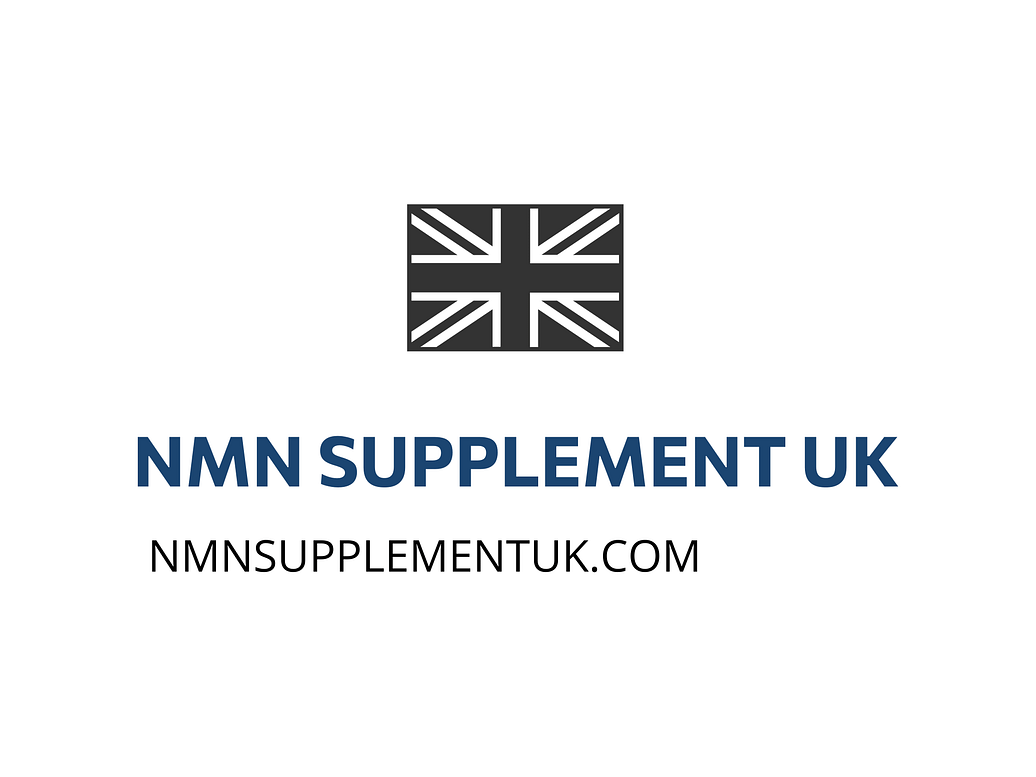Who Should Take Anti-Aging Supplements?
Who Should Take Anti-Aging Supplements?
As people age, their bodies undergo various changes that can affect their physical and mental health. One way to combat these changes is by taking anti-aging supplements. However, not everyone may need or benefit from these supplements. Here, we will explore who should take anti-aging supplements, focusing on the safety considerations and potential risks involved.
Understanding Contraindications
Before considering anti-aging supplements, it’s essential to understand the concept of contraindications. Contraindications refer to situations or conditions where a particular treatment or supplement may be harmful or ineffective. For anti-aging supplements, certain individuals may have contraindications due to underlying medical conditions, medications, or other factors.
For instance, individuals with certain medical conditions, such as kidney or liver disease, may need to exercise caution when taking anti-aging supplements. Plus, those taking medications like blood thinners or diabetes medications may interact with certain anti-aging supplements, leading to adverse effects. It’s crucial to consult with a healthcare professional before starting any new supplement regimen, especially if you have any underlying medical conditions or concerns.
Safety Considerations
Safety is a top priority when it comes to anti-aging supplements. While these supplements can be beneficial for some individuals, they may pose risks for others. For example, some anti-aging supplements may contain ingredients that can interact with medications or worsen underlying medical conditions. Then there’s, the quality and purity of anti-aging supplements can vary significantly depending on the manufacturer and production process.
To ensure safe consumption, it’s vital to choose reputable manufacturers that adhere to good manufacturing practices (GMPs) and third-party testing. Beyond that, being aware of potential side effects and monitoring your body’s response to the supplement is crucial. If you experience any adverse reactions, discontinue use and consult with a healthcare professional.
It’s also important to note that anti-aging supplements are not regulated by the FDA in the same way as pharmaceutical drugs. As such, the efficacy and safety of these supplements may not be thoroughly established. Therefore, it’s essential to approach anti-aging supplements with a critical and informed mindset, weighing the potential benefits against the potential risks.
Precautions and Special Considerations
Certain individuals may require special consideration when taking anti-aging supplements. For example, pregnant or breastfeeding women should exercise extreme caution, as the effects of these supplements on fetal development or infant health are not well understood. Similarly, children and adolescents may not be suitable candidates for anti-aging supplements, as their developing bodies may be more susceptible to potential side effects.
Plus, individuals with a history of cancer or other chronic diseases should consult with their healthcare provider before starting any anti-aging supplement regimen. Some anti-aging supplements may interact with cancer treatments or exacerbate underlying conditions, making it crucial to prioritize caution and careful consideration.
For those interested in learning more about the aging process and how to promote healthy aging, our blog post on Aging Process: Understanding the Journey Ahead provides valuable insights and information. Then there’s, understanding the role of NAD+ in aging, as discussed in the article NAD+ metabolism and aging: What we know and what we don’t, can help individuals make informed decisions about their anti-aging supplement choices.
Individualized Approach
A personalized approach to anti-aging supplements is essential, as individual needs and circumstances can vary greatly. Rather than relying on generic recommendations or product claims, it’s crucial to consider your unique health profile, lifestyle, and goals. By doing so, you can make informed decisions about which anti-aging supplements may be suitable for you and minimize potential risks.
For instance, if you’re looking to improve your skin health, our blog post on How to get clear skin: Fast, naturally, and at home offers practical tips and advice. Alternatively, if you’re interested in optimizing your NAD+ levels, our introduction to NAD+ Optimization provides a comprehensive overview of the subject.
Conclusion
In my experience, while anti-aging supplements can be beneficial for some individuals, it’s essential to approach their use with caution and careful consideration. By understanding contraindications, prioritizing safety, and exercising precautions, you can minimize potential risks and maximize the benefits of anti-aging supplements. Remember to always consult with a healthcare professional before starting any new supplement regimen, especially if you have underlying medical conditions or concerns.
Thoroughly, a personalized approach to anti-aging supplements is key. By considering your unique health profile, lifestyle, and goals, you can make informed decisions about which supplements may be suitable for you. For more information on how cellular health works and the science behind anti-aging, visit our blog post on How Cellular Health Works: The Science Behind Anti-Aging. Plus, if you’re looking for guidance on how to look younger, our Thorough Guide to how to look younger provides expert advice and tips.







